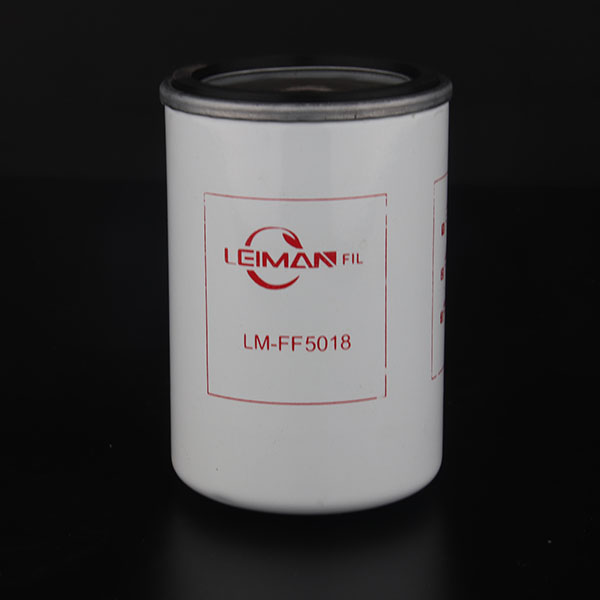Aug . 15, 2024 07:49 Back to list
Understanding CE Certification for Industrial Air Filters and Its Importance in Ensuring Quality and Safety
Understanding CE Certification for Industrial Air Filters
In today's industrial landscape, the importance of air quality cannot be overstated. Industrial air filters play a crucial role in ensuring that air is clean and safe for both human health and the environment. One of the key certifications that manufacturers need to consider is CE certification, which indicates that a product meets the requirements set forth by the European Union (EU) for safety, health, and environmental protection.
What is CE Certification?
CE marking is a certification mark that signifies conformity with the essential health, safety, and environmental requirements that are outlined in EU directives. Products bearing the CE mark can be marketed and sold within the European Economic Area (EEA) without restrictions. For industrial air filters, CE certification provides assurance to customers that the product has undergone rigorous testing and meets or exceeds the necessary standards.
Importance of CE Certification for Air Filters
1. Quality Assurance CE certification assures manufacturers and consumers that the air filters are of high quality and capable of performing as intended. Filters that meet CE standards are tested for efficiency, durability, and safety, ensuring they can handle various industrial applications.
2. Regulatory Compliance Many countries and regions have specific regulations governing air quality and emissions. CE certification helps manufacturers comply with EU regulations, making it easier to market their products in Europe. Non-compliance with these regulations can lead to fines, product recalls, and damage to reputation.
ce certification industrial air filter

3. Consumer Trust In an increasingly competitive market, CE certification can serve as a differentiator. Customers are more likely to choose products from manufacturers who prioritize compliance and safety. The CE mark can instill confidence in potential buyers, fostering trust and long-term business relationships.
4. Access to European Markets For manufacturers outside the EU, obtaining CE certification is crucial for accessing European markets. This certification opens doors to a vast market while ensuring that products are aligned with EU standards.
The Certification Process
The process of obtaining CE certification for industrial air filters involves several steps. Initially, manufacturers must identify the relevant EU directives and standards applicable to their products. Common directives that pertain to air filters include the Machinery Directive, Low Voltage Directive, and the Environmental Protection Directive.
Once the applicable directives are identified, manufacturers need to conduct a conformity assessment. This can involve testing products in accordance with relevant standards, possibly using a designated Notified Body — an organization authorized by EU member states to assess conformity. Upon successful assessment, manufacturers can affix the CE mark to their products and create a Declaration of Conformity, which asserts that the product complies with EU regulations.
Conclusion
CE certification for industrial air filters is not just a bureaucratic requirement; it is a crucial component of product development that reflects a commitment to quality, safety, and environmental stewardship. As air quality regulations become increasingly stringent across the globe, manufacturers must recognize the value of CE certification in enhancing product credibility and market reach. By ensuring that their products meet CE standards, manufacturers not only protect their customers but also contribute to a healthier industrial environment. In an era where air pollution poses serious health risks, investing in certified air filtration technologies is an essential step toward a sustainable future.
-
Cheap PLJY109-500 Full-Auto HDAF Expanded Mesh Spiral Coiling Machine - High Efficiency & Quality Manufacturer
NewsJul.08,2025
-
Best PLHJ-6 Full-Auto Eco Filter Rotary Heat Plating Machine - High Efficiency & Eco-Friendly Solution
NewsJul.08,2025
-
High-Efficiency Paper Pleating Machine for Filters Trusted Filter Paper Pleating Machine Company
NewsJul.07,2025
-
High-Performance Oil Filter for Cadillac ATS – Reliable Engine Protection Solutions
NewsJul.07,2025
-
High Quality PU Glue for Filters – Reliable Filter Glue Supplier & Exporter Get PU Glue Quotes Now
NewsJul.07,2025
-
China PLJL-4 Seal Leakage Tester for Spin-On Filter - High-Precision Multi-Station Testing Solutions
NewsJul.06,2025
